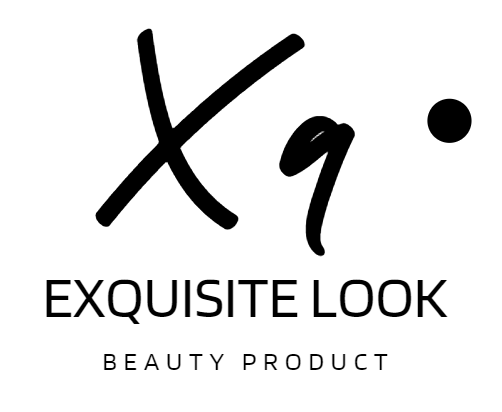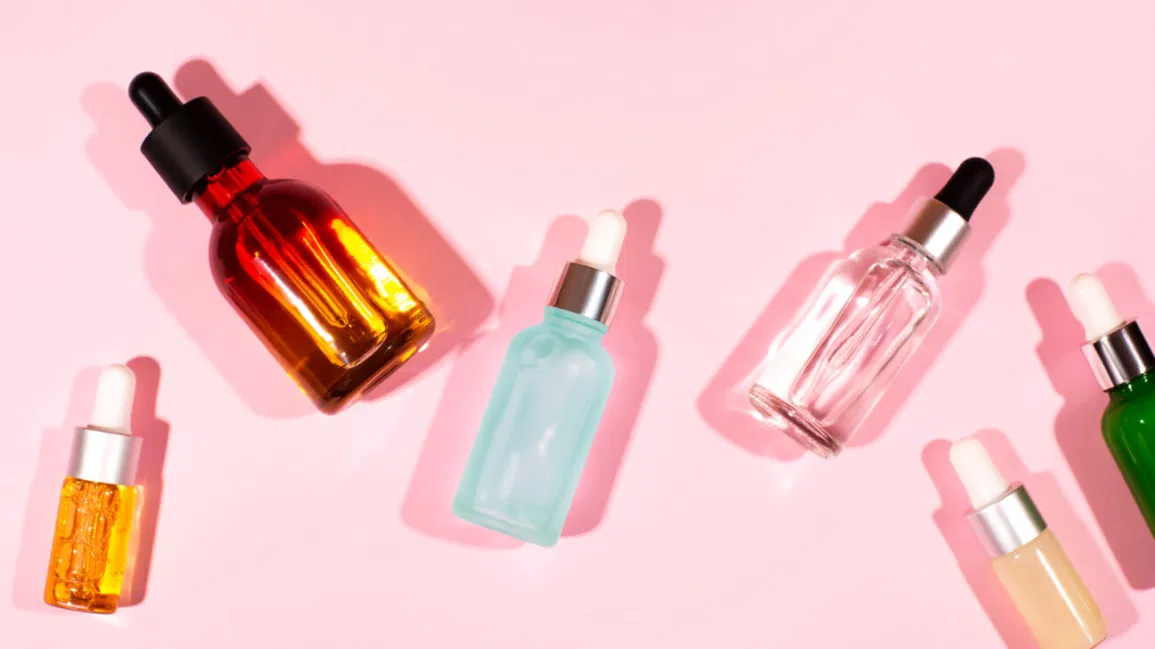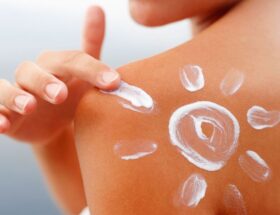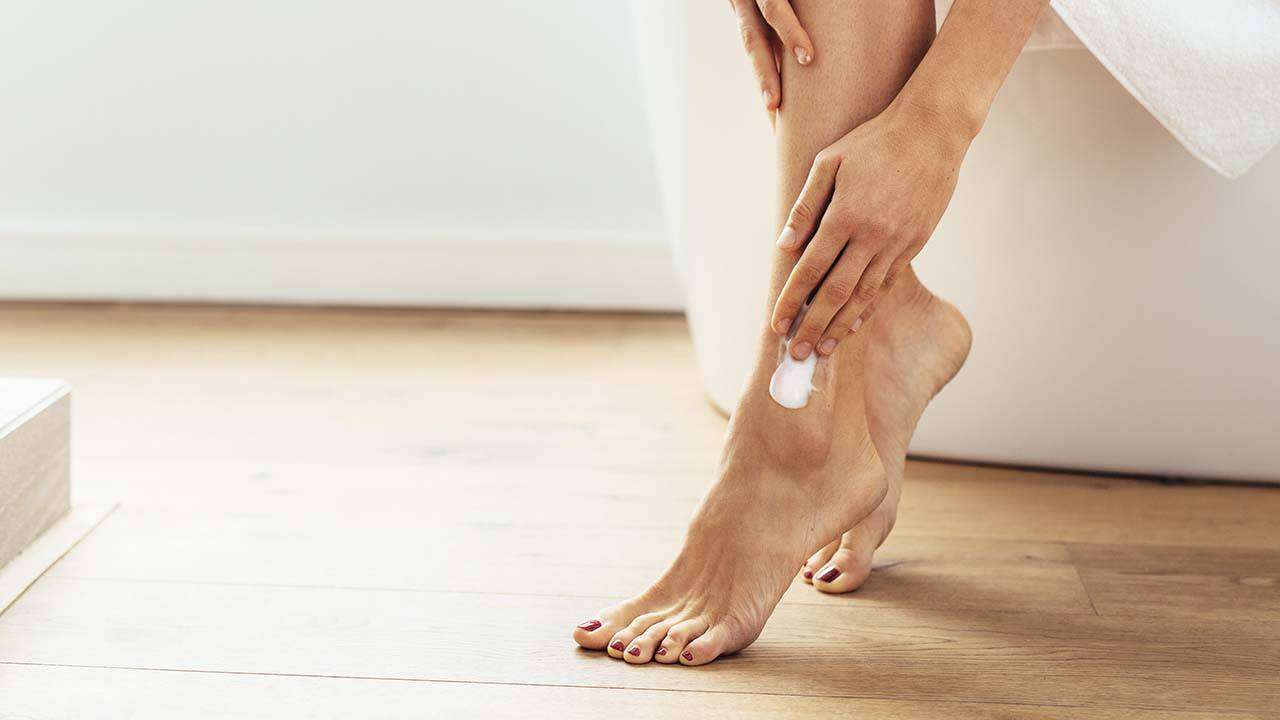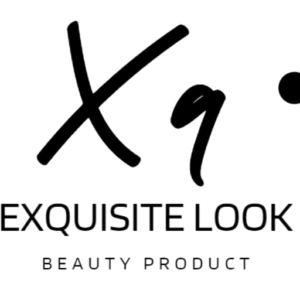Ever feel annoyed, frustrated, and confused with all the different types of skincare products out there? Do not worry you are definitely not alone, we have already decoded cleansers, moisturisers, and toners. Today, we are going to decode serums.
The rule of thumb for applying skincare products is from the thin texture to heavy texture which I am sure you all know. So, serum should be applied between toners and moistures. Your daily skincare routine should look something like this: Cleansing -> Toner -> Serum -> Moisturizers; there are a lot of other side products in the market you can use according to your preference but that is the basic steps and logic of the skincare routine that should be remembered.
So just like all the other skincare products we have mentioned in our blogs, there are different skin types, and everyone will have different reactions to a product therefore it is important to choose one that best suits you.
What Are Serums?
Serums are a formula that contains a high volume of active ingredients that can help target a specific or a combination of skin concerns. Active ingredients refer to ingredients in skincare products that can actually help resolve a skin problem.
There are different types of active ingredients in serums that help target different skin concerns, here are few examples of active ingredients:
- Antioxidants: Help by reducing radicals that can damage healthy skin cells
- High-dose vitamins: Essential nutrients that prevent signs of ageing
- Peptides: Created by amino acids and they are the building blocks of the skin protein – Collagen
- Stem cells: Plant-derived stem cells that help promote the growth, function, and repair of skin cells
This gel-like silky liquid is very powerful and often comes in a small bottle. Not to mention, usually quite pricey when compared to different skincare products. Yet this small bottle can last you a long time as a small drop already gives you a full face-worth of benefits.
Types of Serums
We all have different skin concerns and targets that we want to reach, therefore there are many different types of serums available in the market that can help everyone. In general, serums should fall into the following 6 categories
1/ Anti-Ageing Serums
Anti-ageing serums can help prevent, lessen, and slow down the signs of ageing. It targets fine lines, sagging or wrinkles. The Retinol formula can help stimulate cell turnover, aiding cell repair and renewal. While Vitamin B3 can prevent collagen loss, and firm and hydrate the skin. Mostly anti-ageing serums are used at night as retinol is negatively affected by UV rays, and sleeping is the best time for our body to restore and repair.
2/ Skin Brightening Serums
Skin-brightening serums help light up our dull skin. These serums often contained forms of vitamin C and vitamin B which help fade away any ageing signs, sunspots, and evening skin tones. Thus leaving our skin natural with the glow.
3/ Hydrating Serums
This provides an extra boost of moisture to our skin when it is so dehydrated that moisturizers and lotions just would not fix it. The most common ingredient that does the magic is Hyaluronic acid. Hyaluronic acid has the ability to hold 1,000 times its weight in water, that being said it is advised to apply in a humid area, in your shower room or after a warm shower. This is due to its ability to attract water. If you applied in a dry area the hyaluronic acid might in return attract moisture from our skin thus making it extra dry. It is also important to apply moisturizer after to help lock the ingredients in our skin to obtain the optimal benefits.
4/ Exfoliating Face Serums
Exfoliating face serums are just like exfoliating scrubs, they help remove dead skin cells, as we lose the ability to remove dead skin cells naturally as we age. Exfoliation comes into forms, physical and chemical. Physical refers to the scrub and chemicals would be in form of serums. If your skin is too sensitive to use a physical form, a serum form will be a good option for you as it helps remove dead skin cells without putting too much stress on your skin.
Exfoliating serums often contain AHAs, BHAs or PHAs. These chemicals help remove surface-level dead skin cells, clear pores of blackheads, blemishing, and other impurities. It is the best tool to ensure our skin is functioning normally and optimally.
5/ Acne Fighting Serums
Acne fighting serum can help us fight acne in a proactive way. Most often, we only treat them in a reactive way, as we only act when acne breaks out. With this serum not only can it treat existing acne it can also help stop acne breakouts. It can also fade away acne scars and remove any build-up of dead skin cells. The magic of the serum is how they contain different small molecules that can dive deep into our skin and deliver active ingredients. Unlike cleansers which only help cleanse the surface of our skin, as a result, they can tighten our skin, unclog pores, absorb excess oil, and reduce irritation and redness
6/ Reparative Serums
Other serums help prevent or get rid of things, and this helps our skin to repair and restore. Day after day, no matter how much care was put on your skin, we have put them under a lot of pressure. From daily makeup to exposure to UV rays daily. Although these battle scars are signs of teens and youth. Without any help, as we age, the skin takes a longer time to recover. The reparative serums, it is like a time machine, it helps turn back the clock and restore the youthful glow we all yearn for by stimulating the skin’s natural repair functions to repair restore. It will fade away scars and damage and encourage the growth of skin cells, such as restoring collagen and elasticity. And of course, help protect against free radicals.
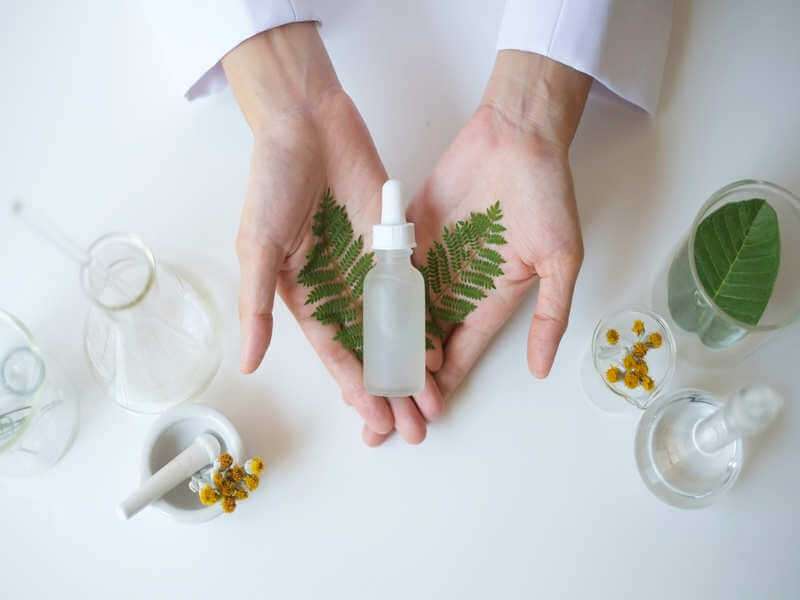
Just like with other skin products, they only get better. Where better formulas might be discovered that do more than what we have now. No matter how powerful it is, it is important to understand what it does and how our skin reacts to them. Choose the right serum that helps target the problem you aim to solve.
